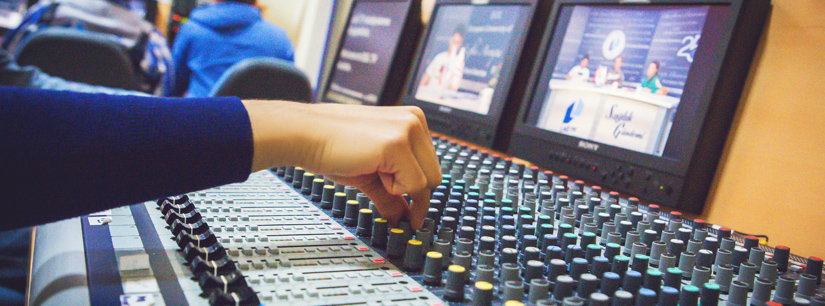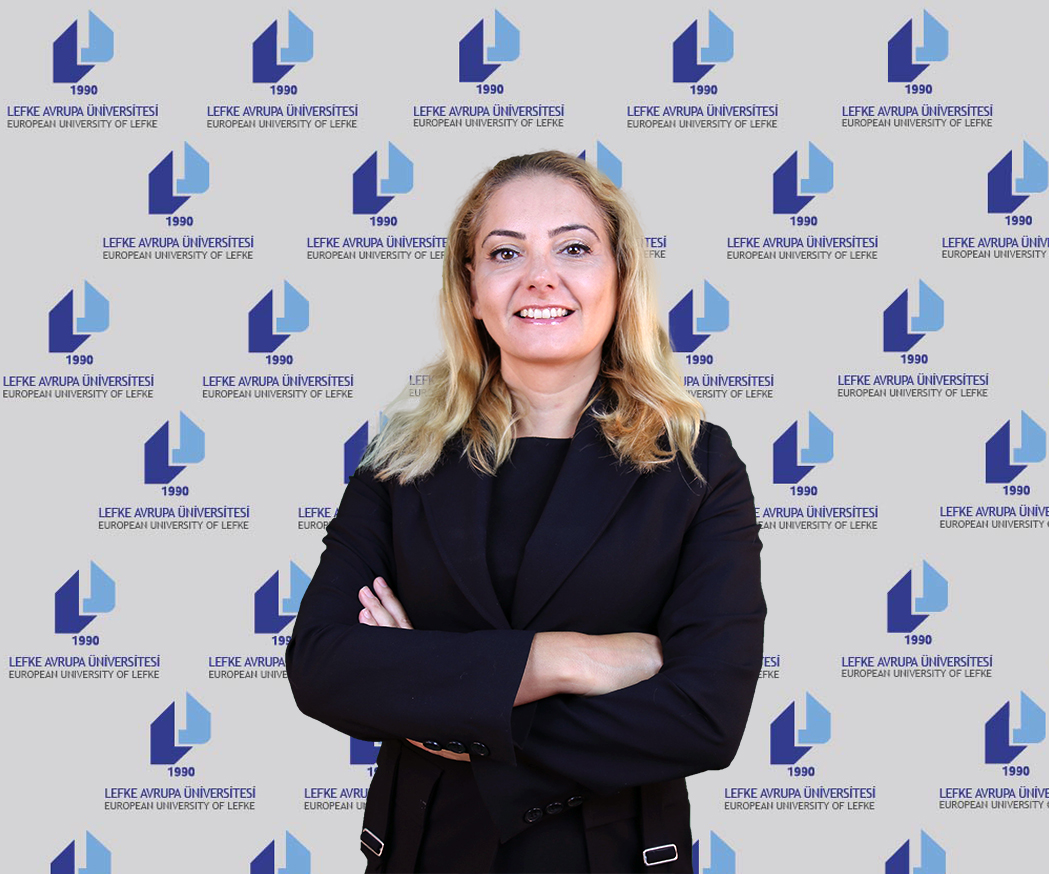Radio TV Cinema
Over the start of the new century, mass communication has experienced a radical change, becoming a social phenomenon. The media sector, which has undergone rapid change with the advancements and developments in visual and audio communication technologies demands young, dynamic and well equipped communication experts. Our department aims to train and raise such individuals who will become experts in radio, television and cinema. The Department of RTVC offers a creative and critical educational environment that meets the needs and expectations of future media professionals both in terms of their technical skills.
The RTVC curriculum at EUL engages these dynamic developments with the goal of graduating students who have the media skills and the knowledge necessary to participate creatively and critically as media professionals or to continue to the graduate level. The medium of education at the department is Turkish. While in first year, the department curriculum starts with a series of foundation and introductory courses, steadily into the second year, students start taking courses related to the theory of communication. In the third and fourth year students, whom by now possess a firm understanding of communication and media studies at the theoretical level start taking applied courses where they find the opportunity to apply, implement and practice at live radio and television studios what they have been taught in the first two years. Students at this stage learn to work in teams and to cooperate and are expected to produce projects capable of impressing interviewers in job applications. Once again the department is made up of experienced and highly qualified academic staff who are true professionals in their respective fields.
Graduates can find career prospects in the following fields; radio and TV institutions; various news agencies or film production companies as journalists, producers, on-air announcers, editors, script-writers, camerapersons, sound and light specialists, video and editing operators, DJs and art directors.
Our department, which attaches great importance to quality and progressive education carries the vision of becoming one of the leading radio, television and cinema departments on the island.
It is our mission to cultivate a learning environment for creative and analytical professionals to thrive, through an inter-disciplinary approach based on the theory and practice of communication studies.
European University of Lefke, Faculty of Communication Sciences, Radio, Television and Cinema Program outcomes are as follows:
Program Outcomes;
1. Gaining the abilities of scientific thinking and conducting scientific research in different fields of social sciences; being able to interpret and use the effects of these areas in communication sciences.
2. Comprehending the basic theories, concepts and approaches in the field of communication sciences and by doing so developing critical and analytical thinking skills.
3. Gaining the ability to use English language in a way that will allow to follow terminology, and developments and communication.
4. Comprehending the importance of communicative environment and tools; comprehending the social economic, political and cultural aspects of communication and associating these with historical processes.
5. Comprehending the sectorial differentiations in the field of communication and the related institutional and administrative structures and developing the ability of designing and implementing suitable projects and events in accordance with these differences.
6. Developing a sense of responsibility by integrating the ethical principles and the basic legal framework that professionals in the media sectors should follow.
7. Developing, presenting and applying different genres, narratives and formats in the radio, television and cinema sectors.
8. Developing the ability to establish the broadcast stream logic for radio and television; gaining the ability to design and implement different program production processes including preparation and post-production techniques.
9. Developing the ability to interpret and analyze the media content and products at the local and global level.
10. Gaining the ability to produce and work individually and in teams in the fields of radio, television and cinema.
11. Gaining the ability to solve the problems faced in the field of radio, television and cinema with a scientific and epic approach.
12. Developing the skill of expressing emotion, thought and professional knowledge accordingly with Turkish Language at different communication fields and environments.
13. Gaining the ability to act liberally and to innovate within the field.
14. Conducting unique and creative projects that make contribution to the different points of interests and to the social and cultural environment.
15. Developing the skills of using communication technologies while following the latest developments.
16. Gaining the abilities of using cinema, television, radio related materials such as photo, camera, sound, light and setup and the abilities of working principles.
17. Acquiring the skills of producing and using graphic elements in the field of cinema, television and commercial filming.
18. Gaining the ability to observe, analyze, plan and report on media products with a critical perspective.
19. Having knowledge about cinema history, art history, cinema movies and visual materials.
20. Having THE knowledge and skills regarding the basic rules of journalism, as well as being able to obtain news, produce news and newspaper management.
Contact Details
Tel: +90 392 660 2000 – 2741
Fax: +90 392 660 2743
Postal Address: European University of Lefke
Lefke, Northern Cyprus TR-10 Mersin, Turkey
E-mail: communication@eul.edu.tr


